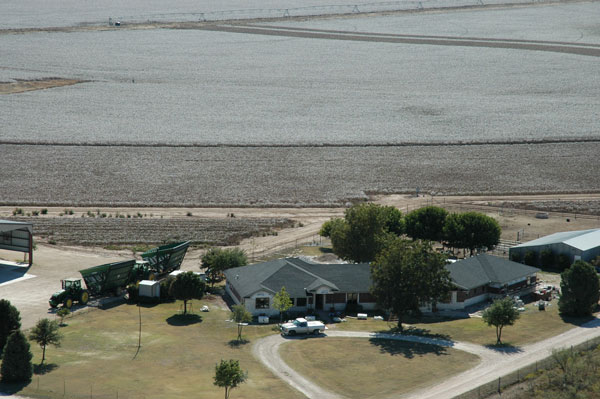February 11, 2014

Passing a farm or ranch from one generation to the next may be more complicated than many would believe.
A smooth transition requires time, some patience, cooperation, effective communication and some knowledgeable experts, according to a Kansas State University Extension farm management specialist.
“Today, a lot of farmers and ranchers are realizing, especially with the dollar amounts that the farms and ranches are worth now, that more of a business approach to passing on the family farm or ranch” is needed, Hadley said.
To read more about farm management topics, please check out Southwest Farm Press Daily and receive the latest news right to your inbox.
The average age of a farm operator in the United States is 57 years, according to the U.S. Department of Agriculture’s latest census of agriculture. The majority of farm operators are between 45 and 64 years old, but the fastest growing group is 65 years and older.
Farm bill is finally law.
The many farmers in their 50s and 60s remember what it was like when the farm was handed to them initially, and in earlier times, maybe not much planning had gone into the transition, said Gregg Hadley, a farm management specialist and current assistant director for agriculture, natural resources and community development for K-State Research and Extension.
Also of interest:
Farm bill passage puts decisions on farmers
You May Also Like




